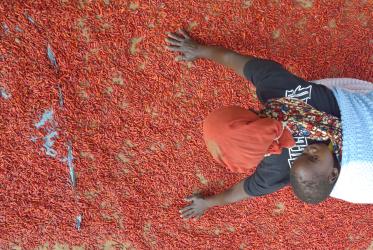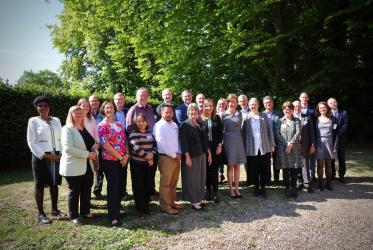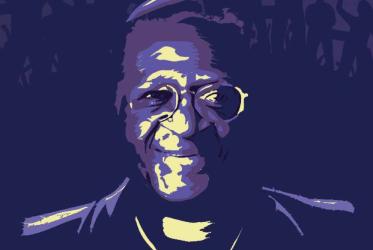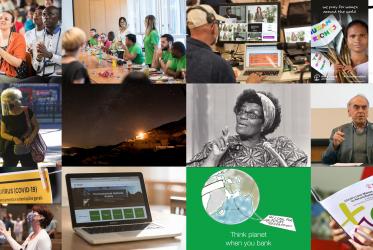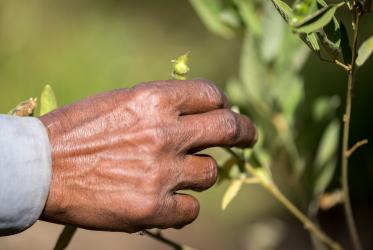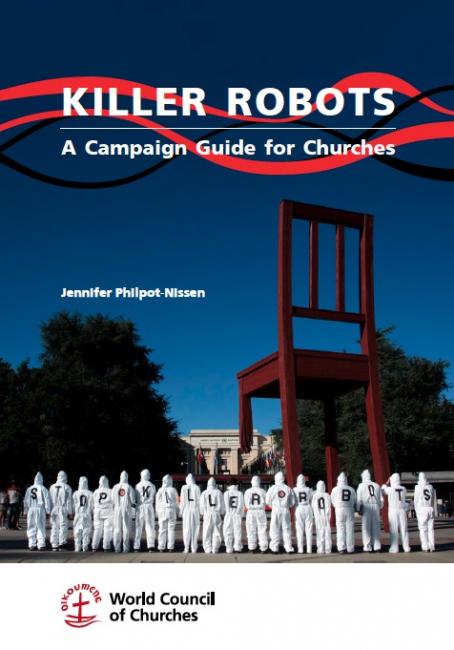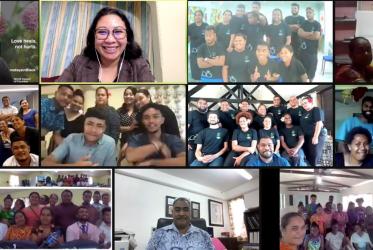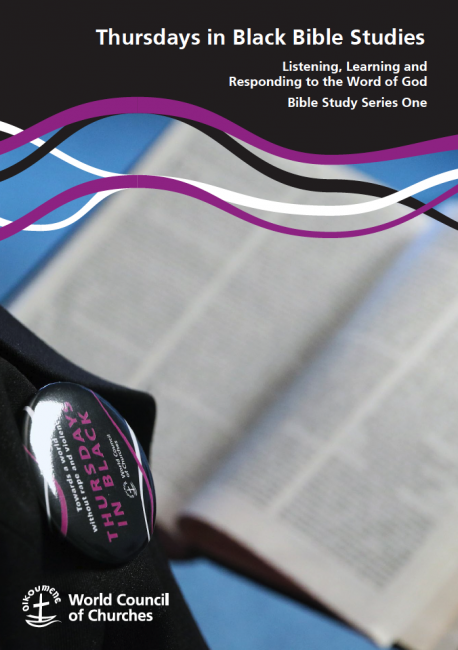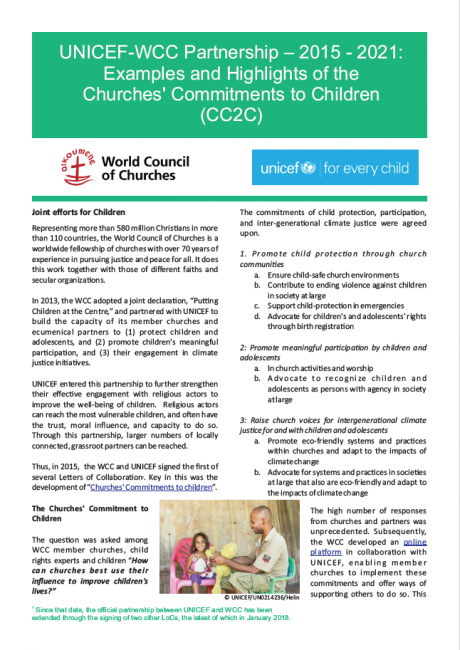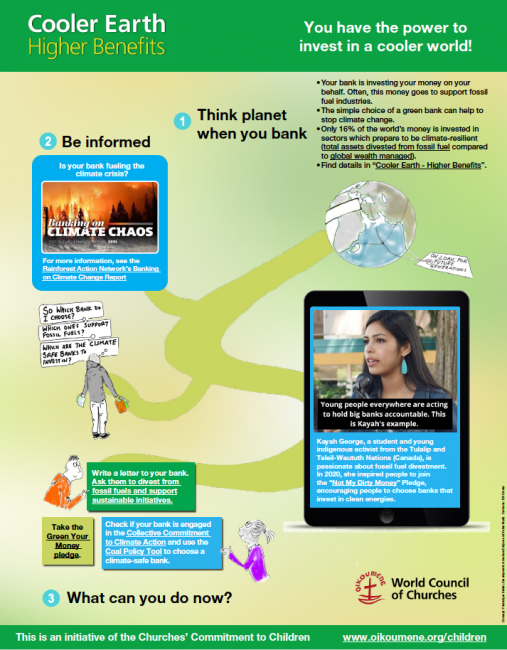Displaying 21 - 40 of 151
09 June 2022
Tutu’s legacy: A Zoom panel celebrating “the Arch”
03 February 2022
WCC invites webinar on ’Racism, Land and Food’
09 December 2021
ZacTax Toolkit
24 November 2021
Thursdays in Black Bible Studies Series 1
Listening, Learning and Responding to the Word of God
21 October 2021
Walk the Talk
A Toolkit to Accompany the "Roadmap for Congregations, Communities and Churches for an Economy of Life and Ecological Justice"
31 August 2021
Ecumenical International Youth Day 2021 Event Toolkit
Young People and Climate Justice
06 August 2021
Cooler Earth Higher Benefits: Poster
Actions by those who care about children, climate and finance.
16 July 2021

